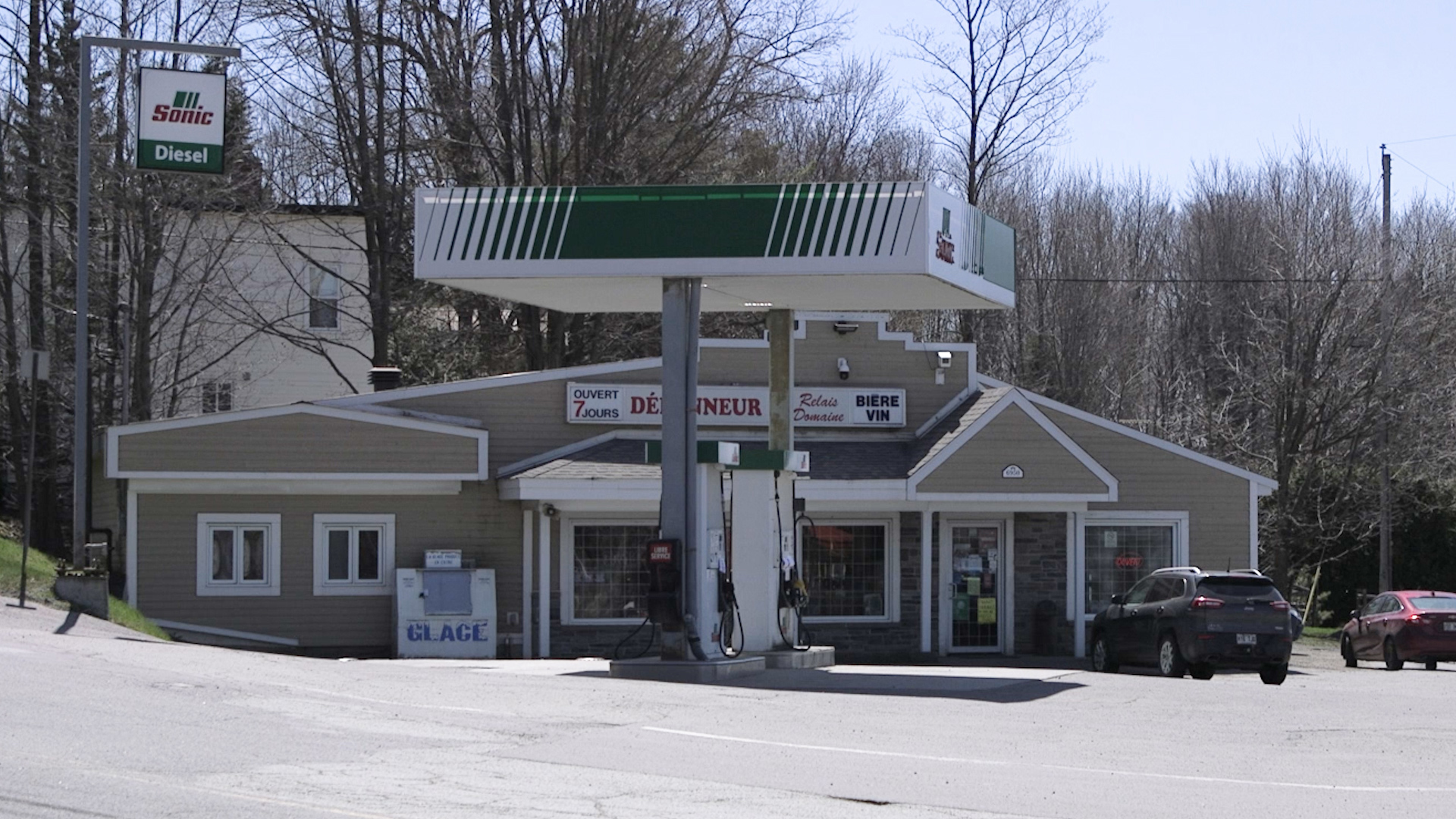However, it has been little studied. This relative ignorance alarmed Rebecca R. Helm. If plastics were concentrated in a certain place in the ocean by currents, isn’t there a possibility that Newstone would collect there too, and have been there for a longer time? If so, wouldn’t cleaning up thousands of tons of pollution cause unexpected environmental damage?
Photos: Songda Kai; Dennis Rick; Rebecca R. Helm
Complex cleaning
The results of the analyzes on the samples taken by Ben Lecomte and his team are: Recently published in the magazine PLoS Biology. Rebecca R. demonstrated Helm and her colleagues found that many Newstone species are present in significant quantities in this polluted vortex, and may be carried there by the same currents as those that carried the waste there. “It’s amazing, because while I was swimming, I didn’t see anything,” says Ben Lecomte.
That’s why Rebecca R. warns: The international community is terrified of wanting to collect all this plastic. Various projects propose trolling to rid the sea of some of its waste, but in doing so, they risk killing the organisms found there. “The goal of ecological restoration should always be to reduce the number of human-caused disturbances,” explains the biologist. With every disturbance, we remove part of the foundation of the ecosystem. Plastic is devastating, climate change is devastating, shipping is devastating. Increasing this disruption by pulling down huge networks will only continue to destroy ecosystem structure and function. She points out that some initiatives already offer this compromise. For example, the Ocean Voyages Institute collects the most harmful plastic waste, such as fishing nets, lines, ropes and buoys, by hand, to minimize disruption.
Professor Philippe Archambault at the University of Laval, who specializes in marine biology, praises this type of study, because these places are difficult to reach. “We’re not there every week or every month, so all ways [récolter des données] Positive. » On the other hand, it emphasizes the limits of citizen science – sometimes there is a certain mismatch between the facts of an expedition that is not fundamentally scientific and the methodological imperatives of obtaining the highest possible quality of data. . This means that some of the article’s conclusions should be taken with a pinch of salt.
According to him, this is an excellent empirical study that demonstrates the interest in investigating before acting in this region of the world. “The beauty of this article is that it opens the door to this question,” he says. To determine whether it is necessary to remove as many plastic fragments as possible or to better preserve the life that exists there, the researcher believes that more solid scientific protocols, designed by multidisciplinary teams, and dedicated data collection missions will be necessary.

“Music guru. Incurable web practitioner. Thinker. Lifelong zombie junkie. Tv buff. Typical organizer. Evil beer scholar.”







More Stories
Quebec | Museum of National History on the ashes of blue spaces
Espace du Parvis becomes Parc des Pékans
Why do leafhoppers reflect little light?